1. Archie Bunker from All in the Family
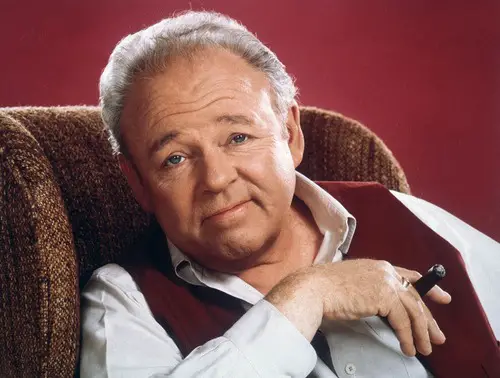
Archie Bunker might’ve been the king of primetime in the ’70s, but his loud, unapologetic bigotry would never fly today. He said what he thought—even if it was racist, sexist, or completely out of touch—and audiences were supposed to laugh it off. Sure, the show often used him as a way to point out ignorance, but let’s be honest, a lot of his one-liners weren’t exactly teaching moments. They were jaw-dropping even back then, and they’d definitely light up social media now shares Woman’s World.
What’s wild is that Archie was meant to be a cautionary tale, but some viewers actually agreed with him, which complicates things. Watching him go after his son-in-law for being too liberal or mocking anyone who wasn’t like him would be impossible to play for laughs today. In an era where inclusion matters and representation is key, Archie would be trending for all the wrong reasons. He’s proof that just because something’s a classic doesn’t mean it’s timeless adds Cleveland.com.
2. J.J. Evans from Good Times
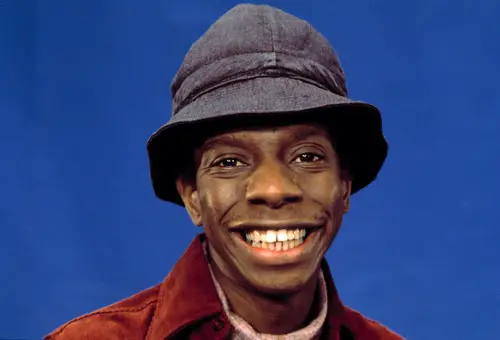
J.J. was the breakout star of Good Times, and “Dy-no-mite!” became the catchphrase of the decade. But while he brought energy and humor, critics at the time—and even his own castmates—worried he turned into a caricature. His exaggerated expressions, behavior, and wardrobe leaned hard into stereotypes that frustrated many who wanted the show to depict a more serious Black family dynamic shares ReMIND Magazine.
If J.J. debuted today, he’d likely face backlash for being an over-the-top comic relief in a show that had the potential to explore deeper themes. Audiences now expect more nuance and dimensionality, especially for underrepresented communities. We love a good laugh, but not when it comes at the cost of reinforcing old tropes. J.J. would need a serious rewrite to keep up with modern expectations of authenticity adds NPR.
3. Jack Tripper from Three’s Company
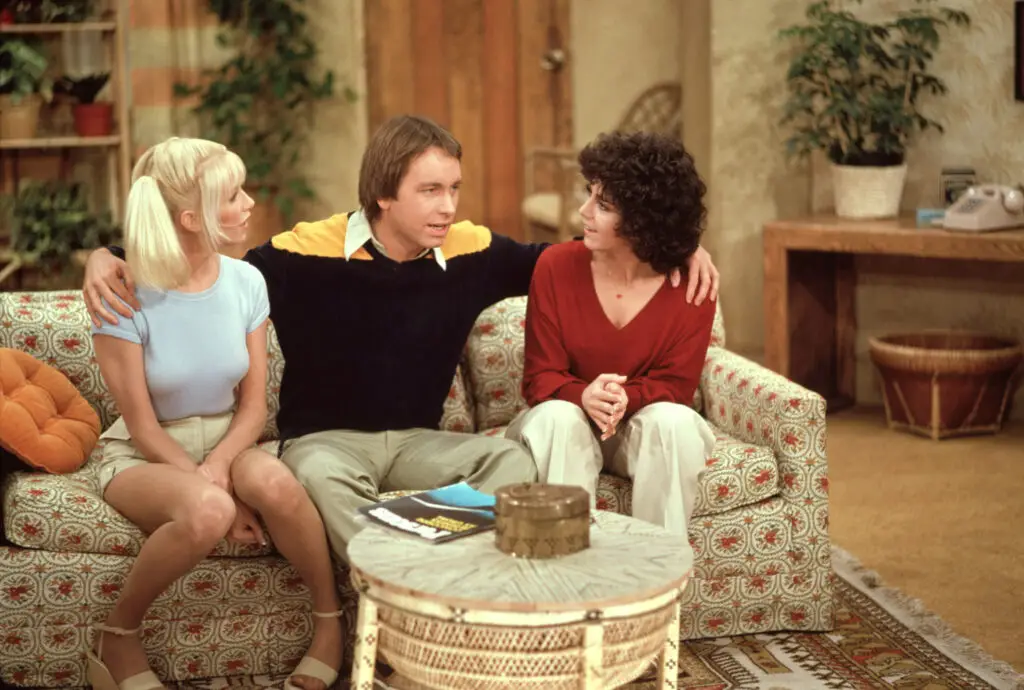
Jack Tripper pretending to be gay so he could live with two women was the whole premise of Three’s Company. It was played for laughs and misunderstandings, and John Ritter made the character charming. But let’s face it—faking your sexuality to game the system? That wouldn’t be taken lightly today.
Modern audiences would call it out for trivializing LGBTQ+ identity and reinforcing the idea that being gay is just a punchline. While Jack himself wasn’t malicious, the premise relied too much on outdated jokes and awkward stereotypes. A show like that would be picked apart on Twitter before the first episode even aired. Today, queer representation is about truth and complexity, not comedic confusion.
4. Howard Cunningham from Happy Days
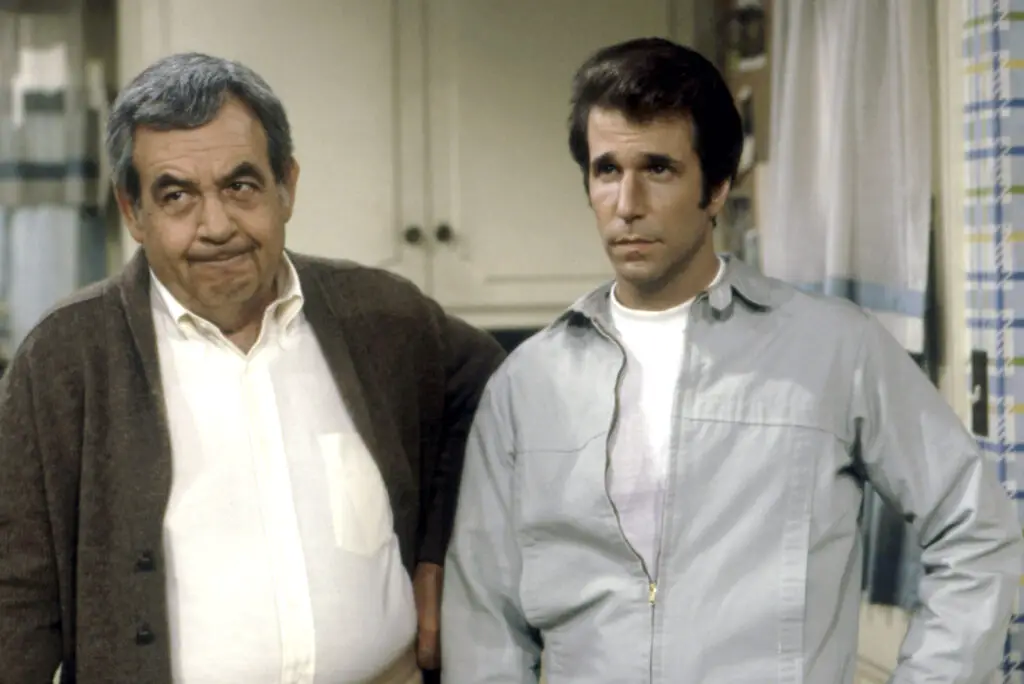
Mr. C was supposed to be the rock of the Cunningham family, but his traditional, old-school views would get him in trouble today. He believed in strict gender roles and didn’t always treat women as equals—just watch how he talks to Marion or rolls his eyes at Joanie’s ambitions. In the ’70s, that was seen as typical “dad” behavior. Now? It would feel dismissive and condescending.
Howard wasn’t overtly offensive, but he was stuck in the mindset that men work and women stay home. That dynamic just doesn’t resonate the same way anymore, especially with younger audiences who grew up expecting more balance and respect. A modern reboot would either have to evolve him or write him out entirely. There’s not much room for TV dads who can’t grow with the times.
5. Boss Hogg from The Dukes of Hazzard
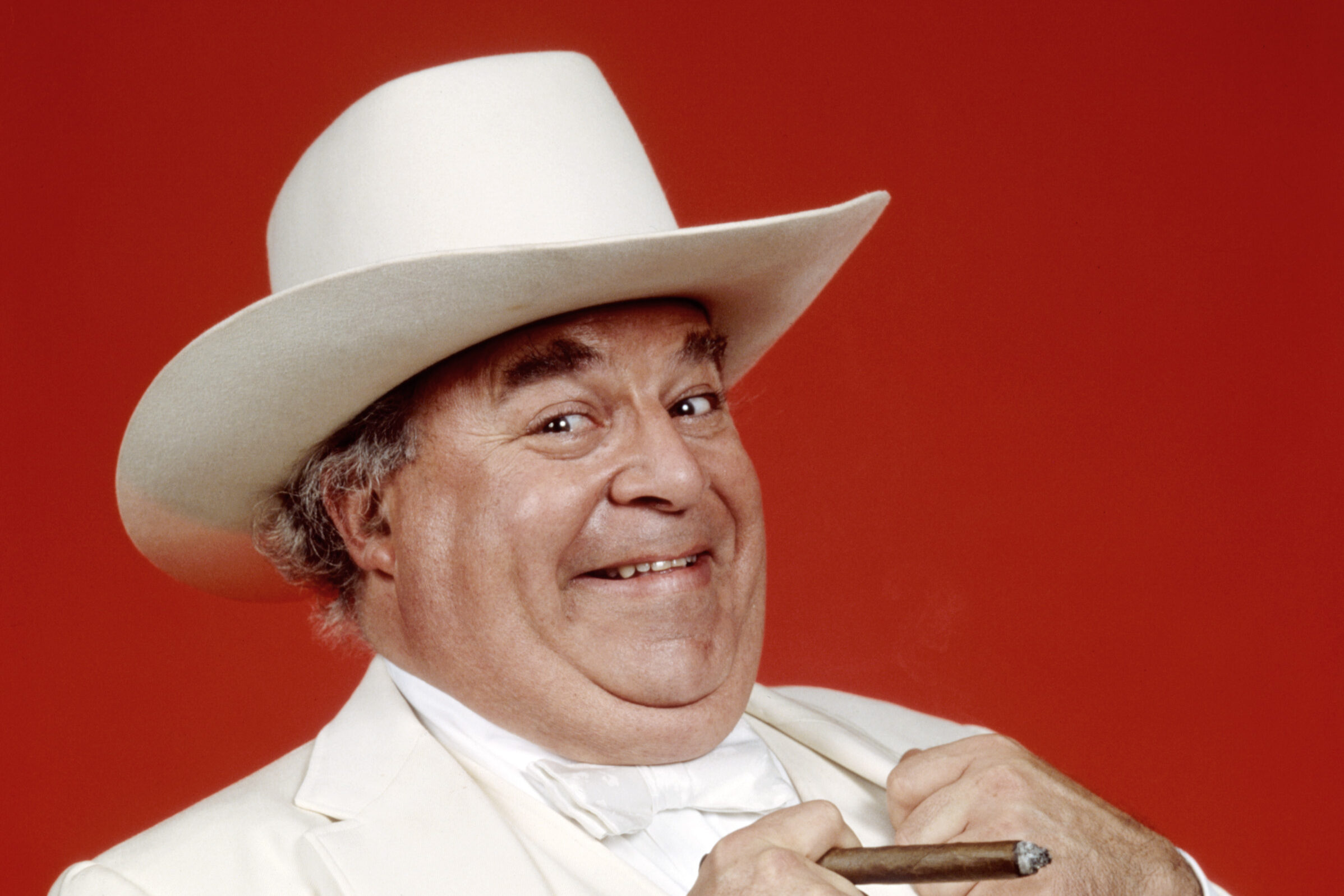
Boss Hogg was the cartoonish villain of The Dukes of Hazzard, constantly scheming and abusing his power for profit. But behind the slapstick and white suit was a character that embodied political corruption, greed, and good ol’ boy arrogance. Watching him now, it’s hard to ignore how normalized that corruption was—and how often it was played for laughs.
In a post-#MeToo, politically aware era, a character like Boss Hogg would face scrutiny for everything from his sexism to his cronyism. Not to mention the Confederate flag on the General Lee, which adds another layer of controversy to the entire show. Even if he was never meant to be taken seriously, that doesn’t excuse how problematic he looks in hindsight. He’s a relic of a time when bad behavior was just part of the joke.
6. Larry Dallas from Three’s Company
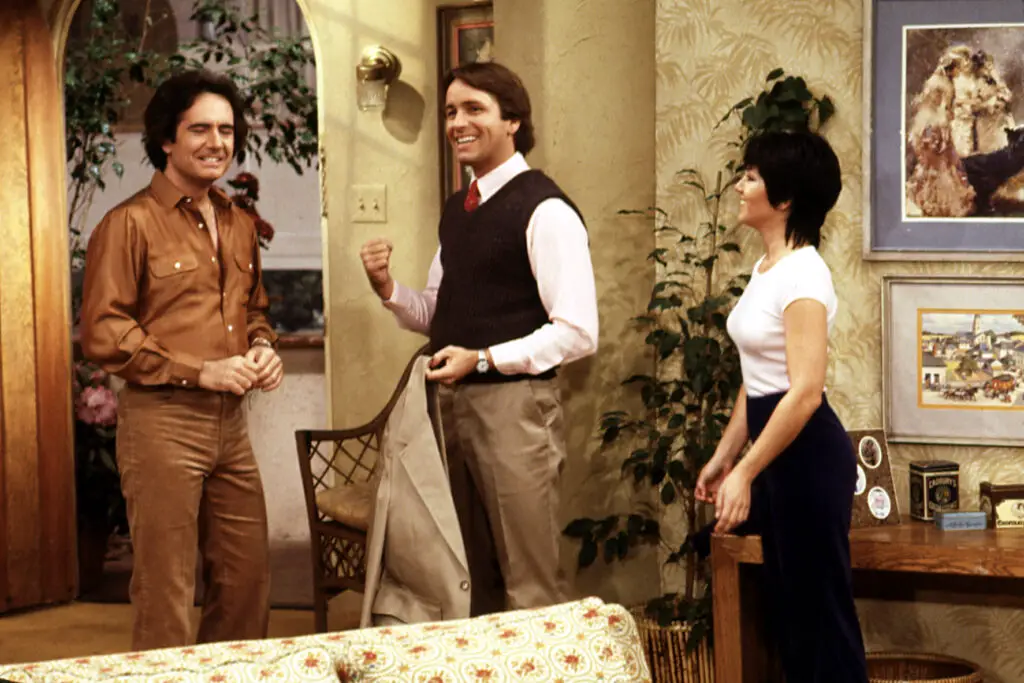
Larry was Jack’s sleazy best friend who lived to hit on women and dodge responsibility. He was funny, sure, but he was also the poster child for toxic bachelor behavior. He treated women like conquests and rarely saw them as people. Every episode he was in came with a cringe-worthy pickup line or a plan to seduce someone.
In today’s TV world, Larry wouldn’t be charming—he’d be creepy. Audiences now have zero tolerance for men who see women as prizes or playthings. Even sitcom sidekicks are expected to show growth and emotional intelligence. Larry would need a serious personality overhaul, or he’d be written out faster than you can say “Regal Beagle.”
7. Fred Sanford from Sanford and Son
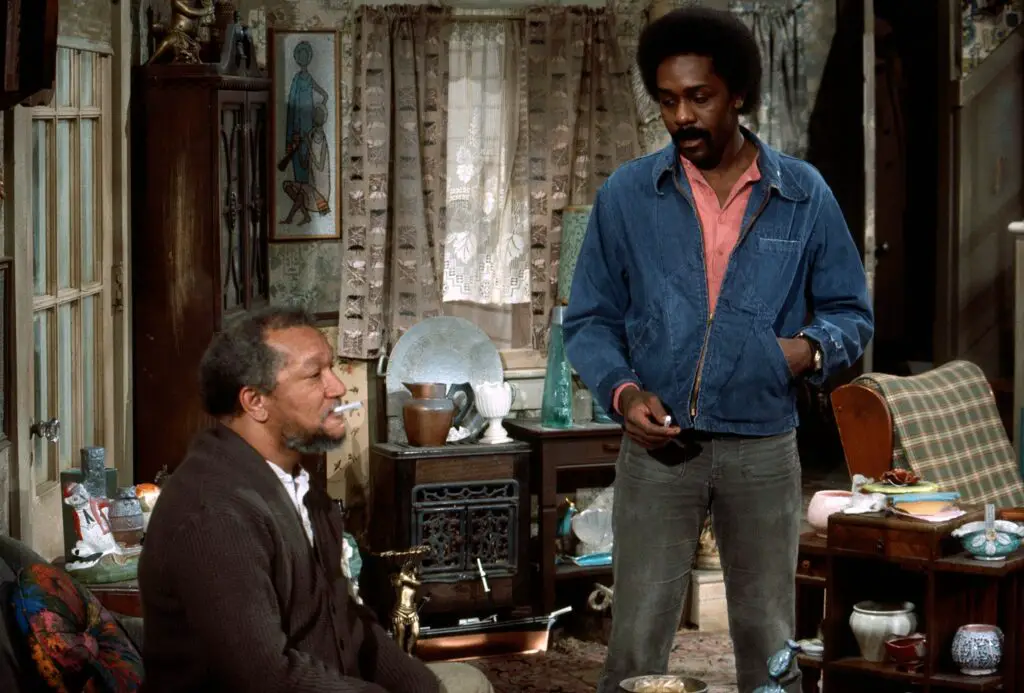
Fred Sanford was quick-witted, funny, and not afraid to speak his mind—but he also said a lot of things that would be considered completely off-limits today. He called people names based on their weight, appearance, race, and more. And while he was often written as a lovable curmudgeon, many of his comments just wouldn’t pass a modern script review.
He also used slurs and stereotypes that would raise eyebrows today—even if the intent was humor. The world has changed, and comedy has evolved to punch up, not down. Fred would be called out for bullying and insensitivity, even if the audience was supposed to laugh along. His insults might’ve been part of his charm in the ’70s, but they’d be seen as mean-spirited now.
8. Laverne DeFazio from Laverne & Shirley
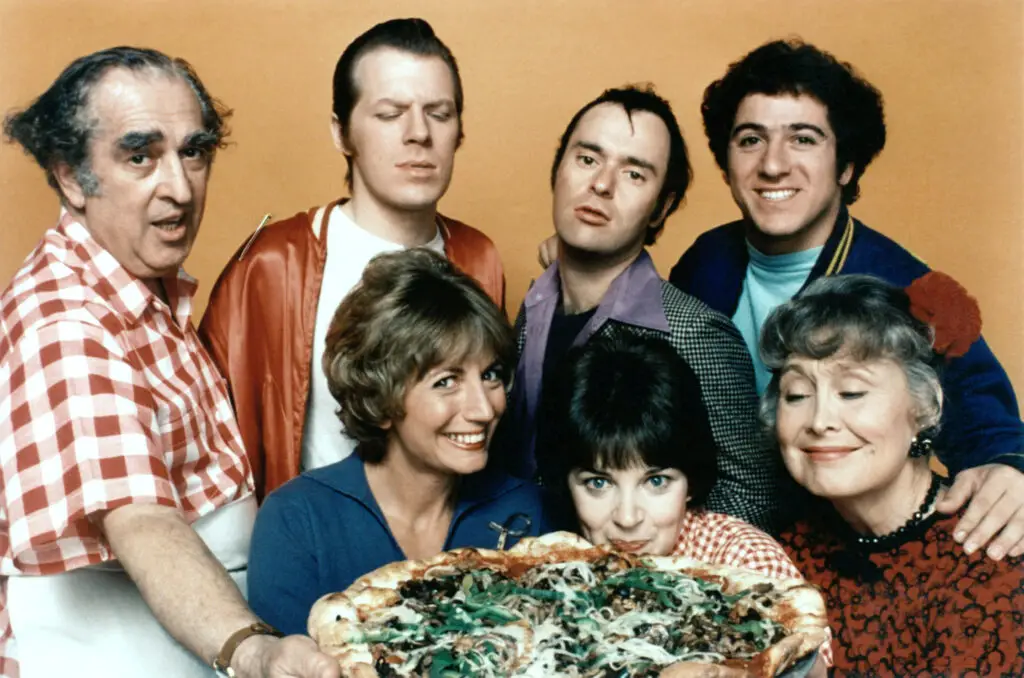
Laverne was bold, brash, and unapologetically herself, which was empowering in a lot of ways. But her no-nonsense attitude often came with a side of bullying—especially toward Shirley or anyone she thought was beneath her. She wasn’t afraid to throw a punch or yell to get her way, and that aggression was part of her brand.
Today, we’re a little more sensitive about how female characters treat each other. What once seemed funny or empowering now sometimes reads as toxic or emotionally manipulative. We love strong women, but we also love accountability. Laverne’s rough edges might need to be sanded down a bit if she wanted to stick around today.
9. George Jefferson from The Jeffersons
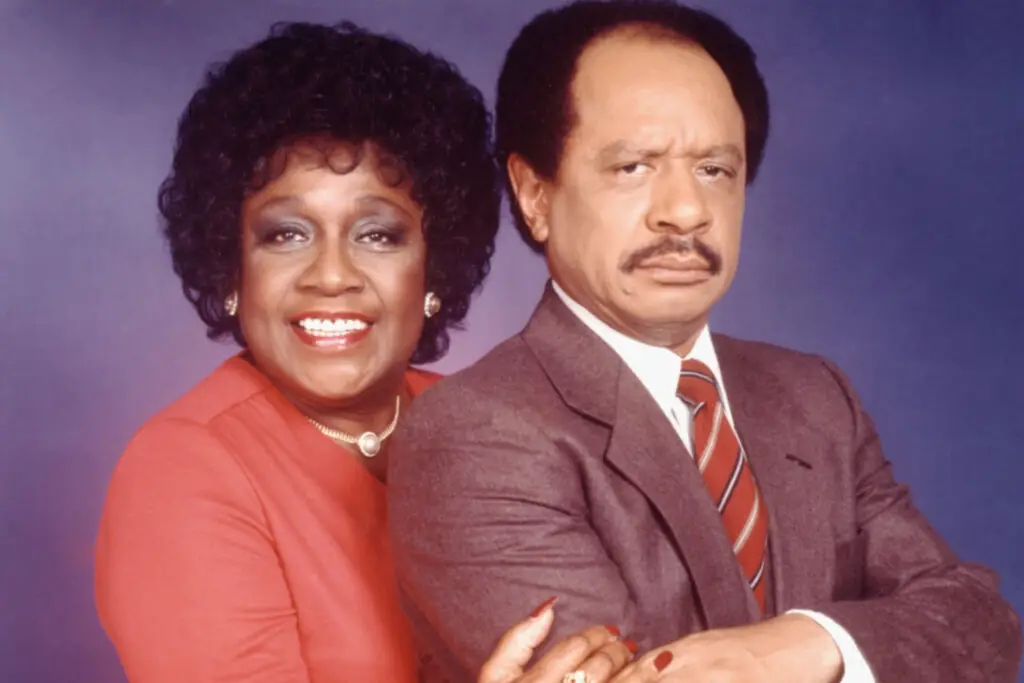
George Jefferson strutted through the ’70s with confidence, money, and a chip on his shoulder. He said exactly what he thought—and didn’t care who it offended. That included slurs, insults, and harsh generalizations about race, class, and gender. He was meant to be bold and controversial, but some of his language would get cut before it ever aired now.
While the show often tackled racism head-on, George didn’t always come out looking like the hero. His own biases and outbursts would spark heated debates on social media today. We’d expect more growth from a character like him now, not just rants and walkouts. Even a legend like George would need a softer approach to stay on the air today.
10. Fonzie from Happy Days
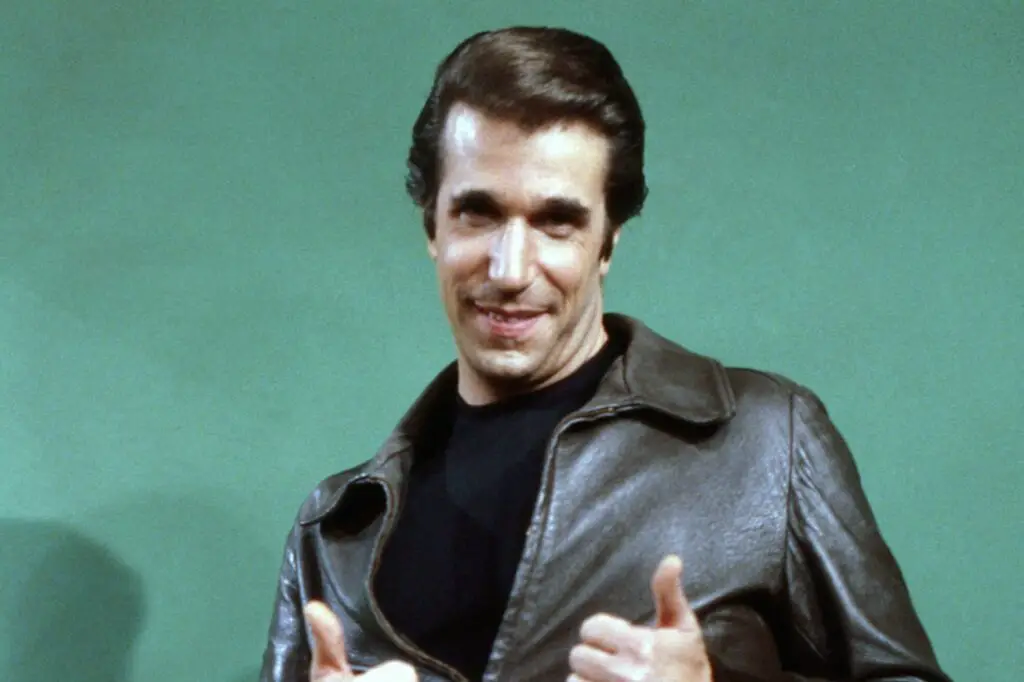
The Fonz was cool—no doubt about it—but his way with women wouldn’t go over so well today. He snapped his fingers and girls came running. That kind of behavior was seen as suave back then, but now it just feels controlling and weird. He rarely asked, he just expected.
And while he had moments of kindness, his objectification of women and “cool guy” dominance would feel outdated in a heartbeat. Modern audiences want emotionally available men who treat women as equals, not trophies. The leather jacket might still be cool, but the attitude would need an update. Fonzie would have to do more than just say “Ayyy” to win people over now.
11. Lou Grant from The Mary Tyler Moore Show
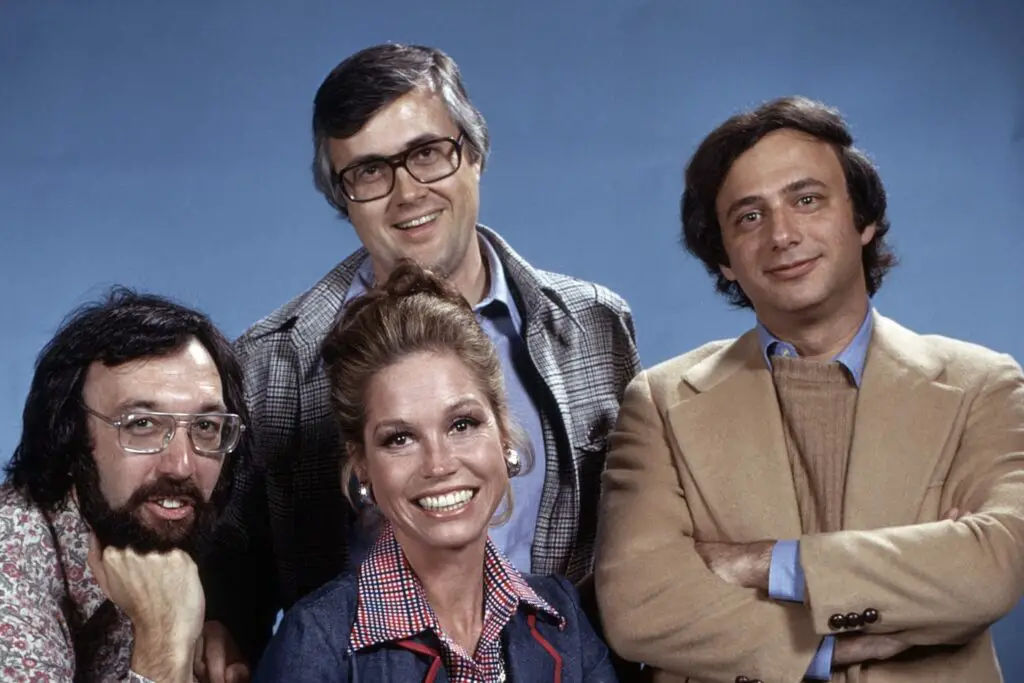
Lou Grant was gruff, blunt, and very much a man of his time. He barked at his employees, rolled his eyes at emotional responses, and didn’t exactly treat Mary like an equal. He wasn’t cruel, but he wasn’t exactly respectful either. It was the classic “tough boss” trope—but with an extra dose of 1970s sexism.
His brand of leadership might’ve seemed strong then, but it comes off as dismissive and patronizing now. Women in the workplace today expect more than tolerance—they expect support and respect. Lou might’ve had a good heart under all that growling, but it wouldn’t be enough today. HR would’ve had a file on him by lunch.
12. Oscar Madison from The Odd Couple
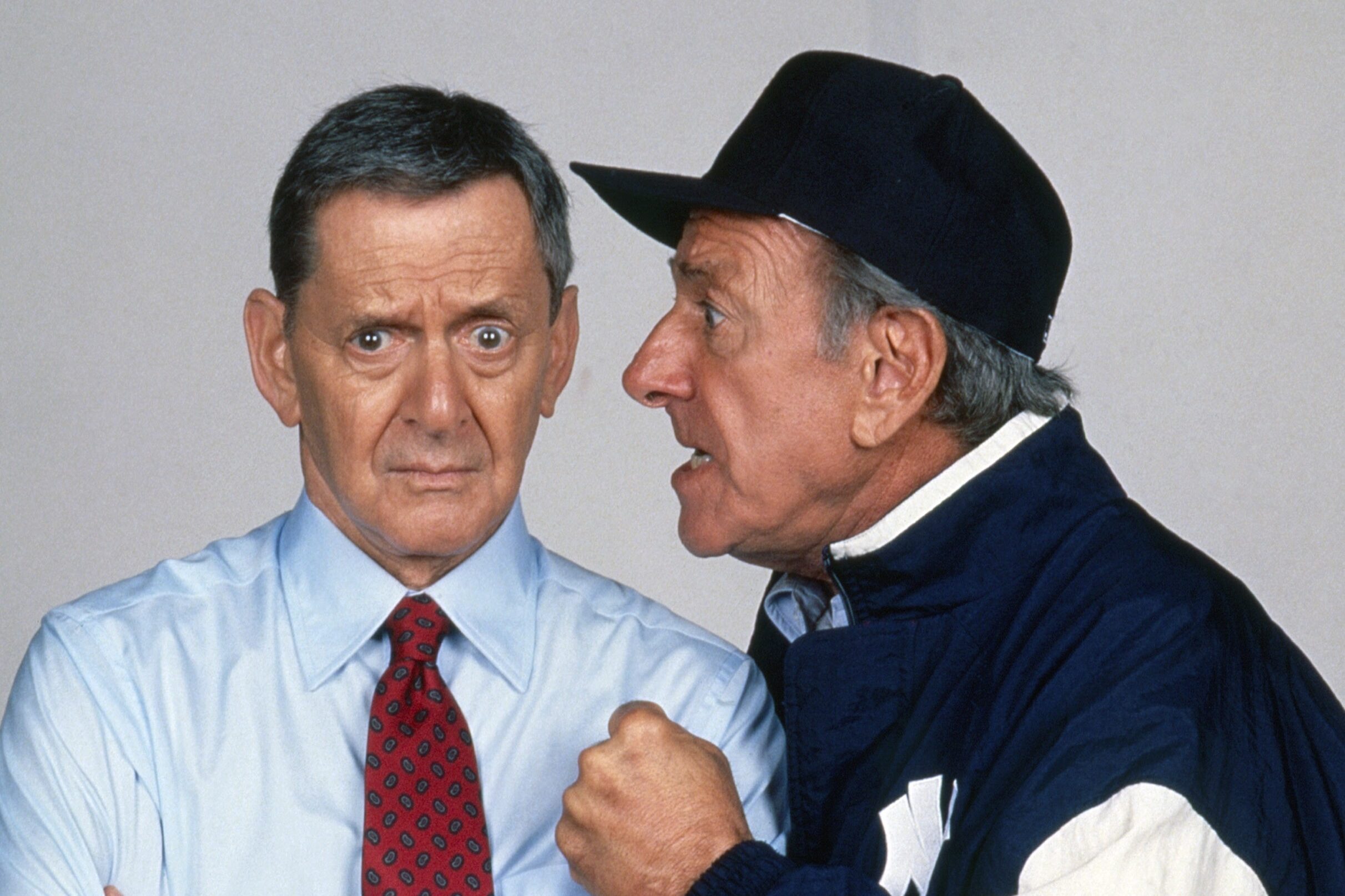
Oscar was the lovable slob who couldn’t be bothered to clean, cook, or take life seriously. But under the mess was a guy who was kind of a jerk to his roommate Felix. He mocked his sensitivity, belittled his interests, and acted like toxic masculinity was the only way to live. That clash made for great comedy—but it also sent some dicey messages.
In today’s world, men are allowed to be vulnerable, neat, and emotional without ridicule. Oscar’s constant teasing would be called bullying now. While he had a heart buried somewhere under the pizza boxes, he wouldn’t get a free pass for treating Felix like a punchline. Viewers expect more empathy, even in odd couples.
13. Herb Tarlek from WKRP in Cincinnati
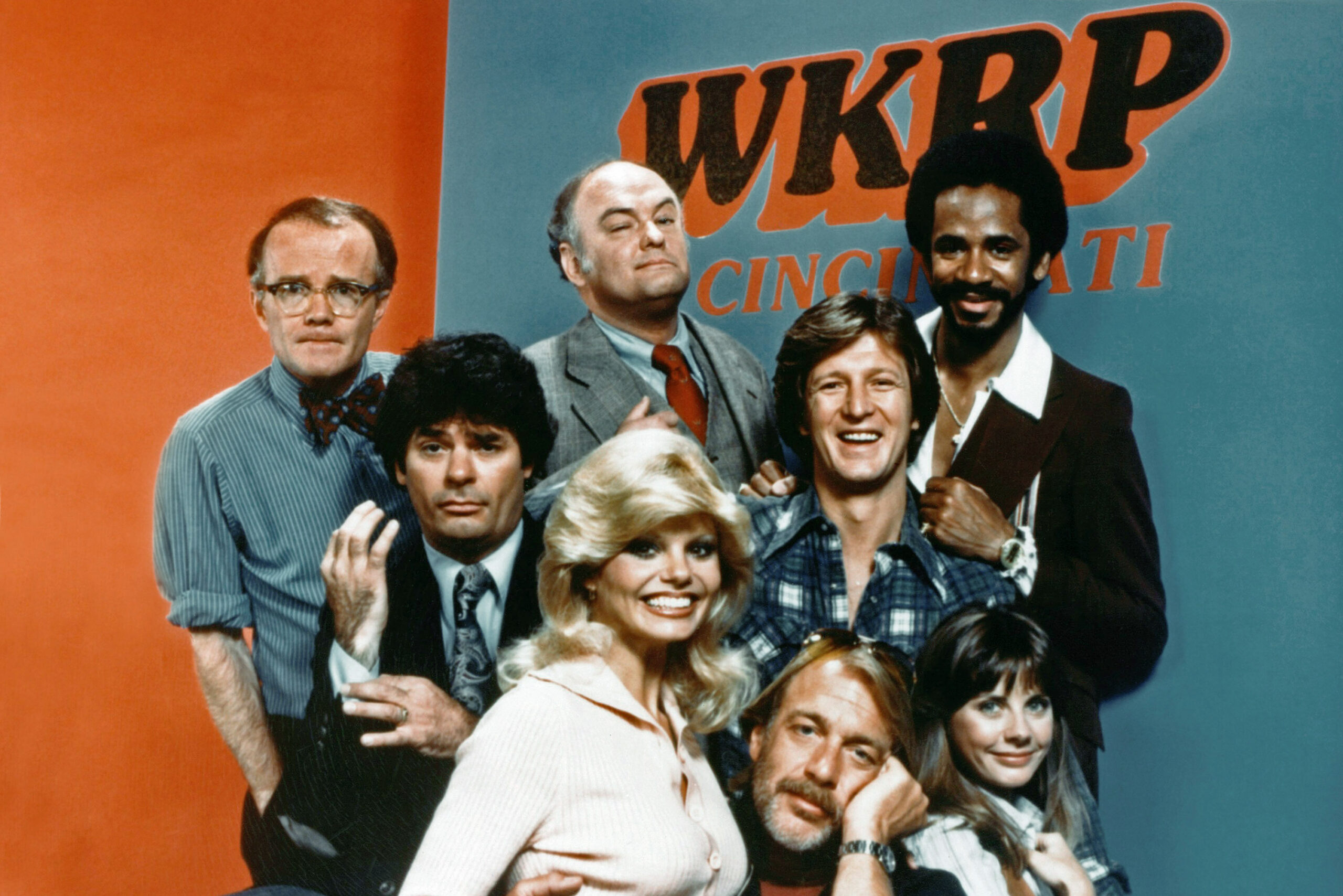
Herb was the ultimate sleazy salesman—loud suits, loud mouth, and always hitting on the receptionist. He was a walking HR violation and a stereotype of every office creep rolled into one. The show treated his behavior as a joke, but today it would read more like workplace harassment.
What’s more, Herb never really learned or changed. He was stuck in a loop of cheesy lines and inappropriate comments. In 2025, viewers expect growth or consequences—not punchlines based on bad behavior. Herb might’ve made us laugh in the ’70s, but now he’d be out the door before the pilot ended.
